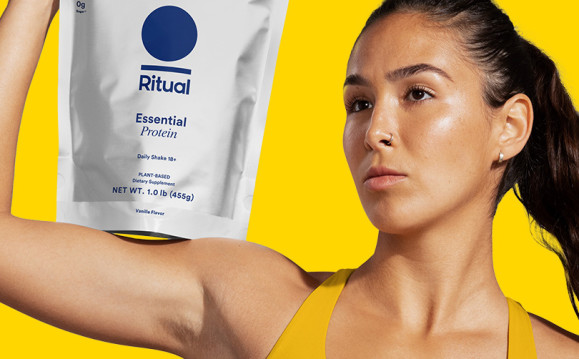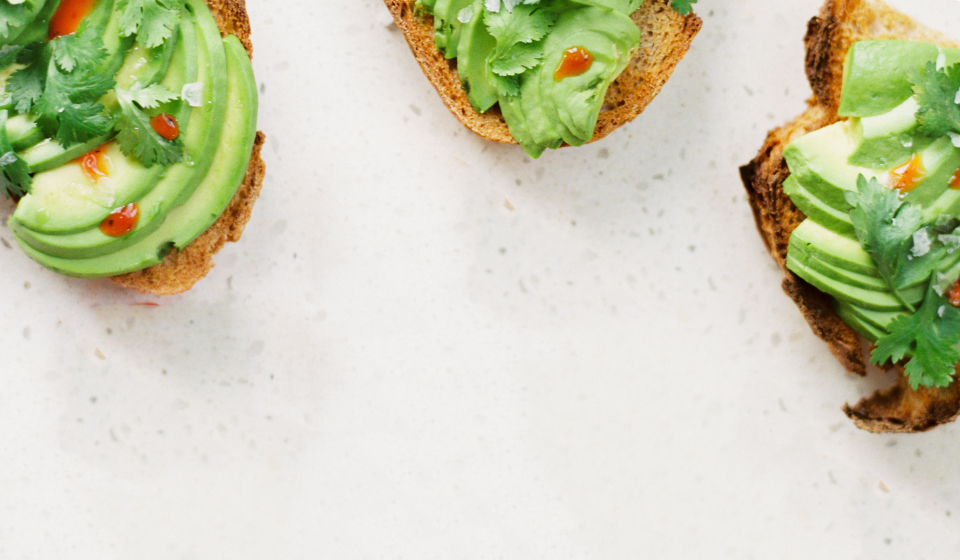Pro tip: Write down your goal and then check in with a friend.
When it comes to enlisting a good accountability partner, it might be as simple as that. A study conducted by Dr. Gail Matthews, a psychology professor at Dominican University of California, found that when participants wrote down their objectives and then sent weekly updates on their progress to a friend, they were 50% more likely to be successful than those who kept their goals to themselves. Whether you’re working towards a work-related goal, training for a fitness feat or simply want to be better at taking your vitamins, consider this proof that small, strategic steps can add up to a major impact.* (2)
Hitting the gym with a buddy might make you work out more.
That’s according to a study published in the British Journal of Health Psychology in 2015: Researchers invited half of their participants to start working out with a new partner, while the other half were told to continue their usual exercise regimen. They found that the “gym buddy” group ultimately exercised more frequently.
But the researchers wanted to take their findings a step further and dig a little deeper into what makes a great gym buddy—so they asked the participants to rate their partners and describe what kind of support they found most effective. Interestingly, emotional support outweighed practicality: In other words, it’s not about the friend who makes sure you’ll never miss a workout, but the friend who acts as a cheerleader when you do hit the gym.* (3)
On that note, working out in a group might help mitigate stress.
Think about it: If you’re having fun, you may be more likely to stick with your habit. In a study published by The Journal of the American Osteopathic Association, researchers found that those who worked out in a group reported significant improvements in emotional, mental, and physical quality of life, as well as a decrease in stress. (For comparison, the group that worked out alone only reported improvement in the mental quality of life category, while a control group didn’t report any changes at all.)* (4)
Finding a mentor you trust might help you take bigger leaps in your career.
Any work pal who keeps you accountable on daily projects is definitely a plus. But a good mentor has the additional benefit of helping you stay on track for your longer-term career goals, offering perspective and constructive feedback along the way. Research may suggest that those who have mentors tend to feel more satisfied with their careers and are even compensated better. A bonus? Those who are doing the mentoring might reap some of those same benefits.
References
- Neuroscience News. (2016, September 13). Intrinsic Reward Helps Make Exercise a Habit. Retrieved from Neuroscience News
- Study focuses on strategies for achieving goals, resolutions. (n.d.). Retrieved from Dominican University
- A new exercise partner is the key to exercising more. (2016, October 4). Retrieved from Science Daily
- Samendinger, S., Hill, C. R., Kerr, N. L., Winn, B., Ede, A., Pivarnik, J. M., … Feltz, D. L. (2019). Group dynamics motivation to increase exercise intensity with a virtual partner. Journal of Sport and Health Science, 8(3), 289–297. doi: 10.1016/j.jshs.2018.08.003
- Ghosh, R., & Reio, T. G. (2013). Career benefits associated with mentoring for mentors: A meta-analysis. Journal of Vocational Behavior, 83(1), 106–116. doi: 10.1016/j.jvb.2013.03.011










